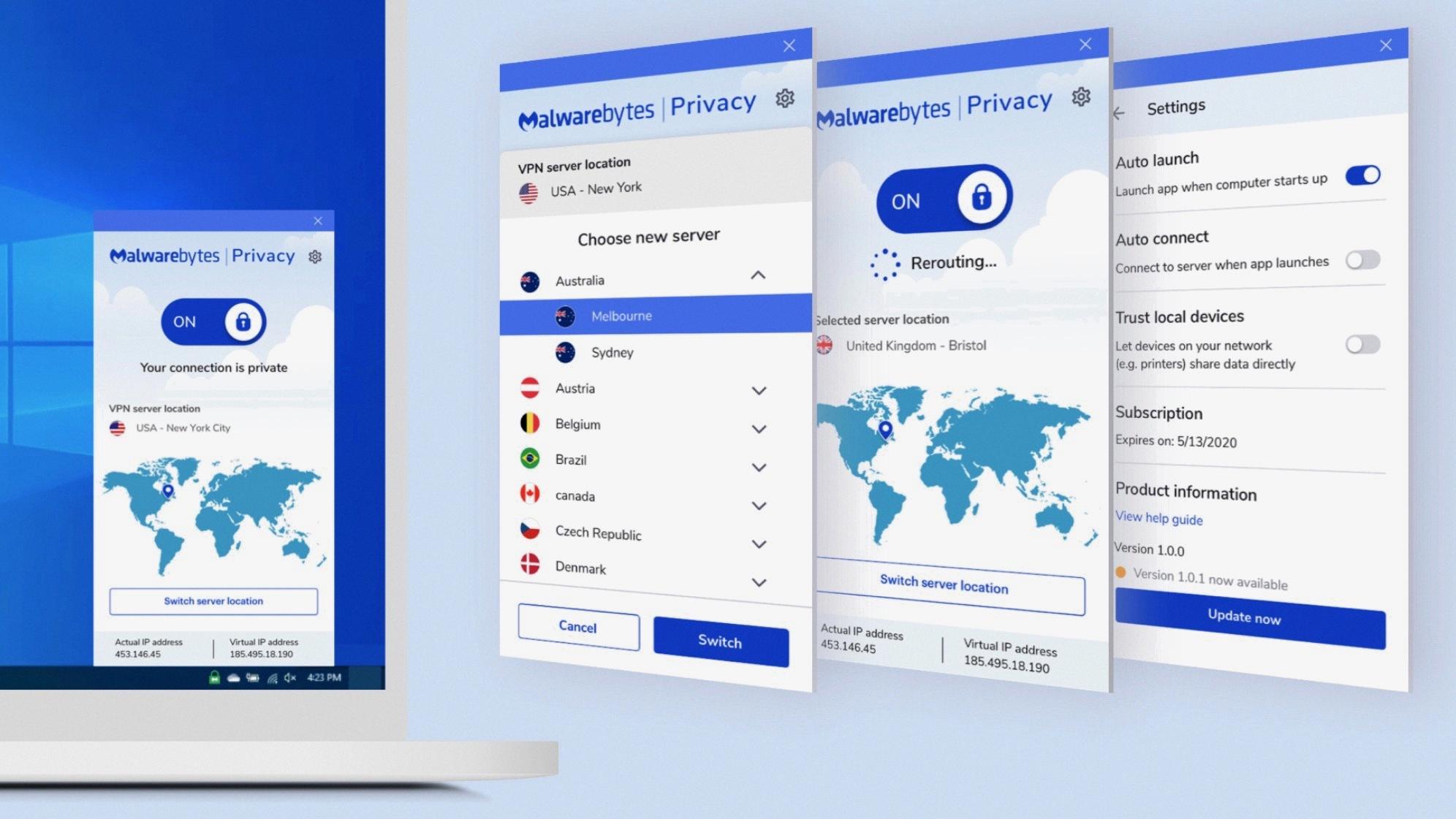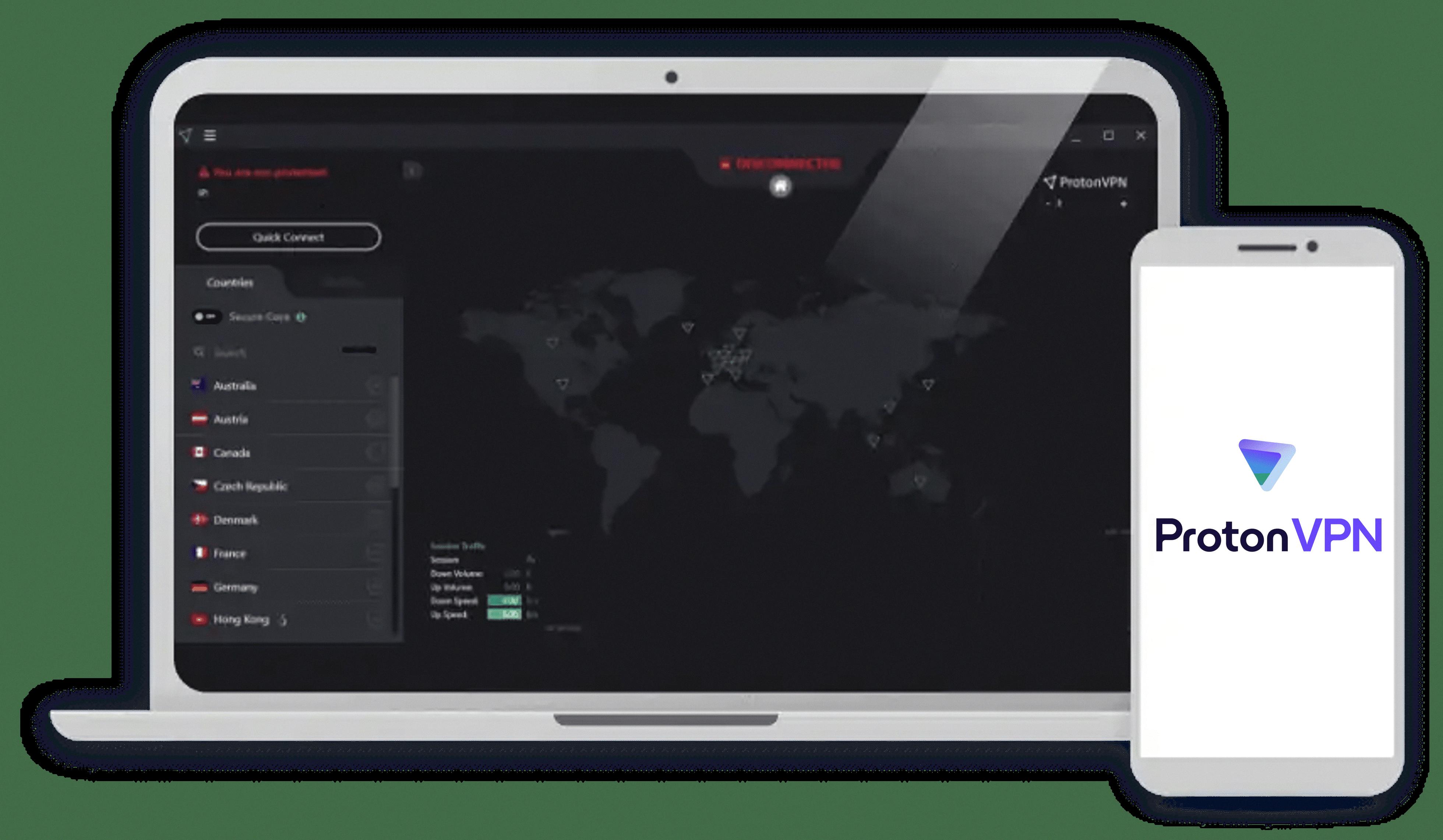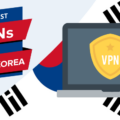VPNs (Virtual Private Networks) are becoming increasingly popular for their ability to protect your online privacy and security. However, many people don’t realize that when you use a VPN, the VPN provider will still have access to certain types of user data. This data is known as VPN logs, and it can give your VPN provider insight into your online activities.
So what exactly are VPN logs? Simply put, they are records of your online activity while connected to a VPN. Depending on the particular service you use, this can range from connection logs to detailed usage logs. Connection logs include information such as the time you connected and disconnected from the server, your originating IP address, and the server IP address you were connected to. Usage logs can include more detailed information such as the websites you visited and how much data was transferred during that session.
The purpose of logging this information is to ensure the smooth running of the network by helping identify potential problems or malicious activity on the server. The collected data also helps with customer support queries by showing what happened during any given session or connection attempt. It is important to note that most reputable VPN providers do not log any traffic or usage data that could be used to identify individual users – only connection and performance data is used for network optimization purposes.
However, not all VPN providers have strict no-logging policies in place – some may log more than just connection data which could potentially be used to trace back activities to individual users. If privacy is important to you then it’s best to research a few different services before settling on one – make sure that they have a clear no-logging policy in place and preferably a third-party audit confirming this fact as well.
understanding what type of user data is logged by your chosen VPN service is essential for protecting your online privacy and security. Make sure you do some research before signing up for any service so that you can make an informed decision about who has access to your personal information.

Does My VPN Keep Logs?
No, a reliable VPN provider will not keep logs of your activity. Logging is when a company keeps track of your internet activities, such as the websites you visit and the files you download. A good VPN will not store any logs that could potentially be used to identify you or your activities. Instead, they will only store temporary session data necessary to maintain connection security. This data does not contain any personal information about you or your web activities, and it is usually discarded after the session has ended.
Storing of VPN Logs
VPN logs are typically stored on the VPN server. Depending on the provider’s logging policy, these logs can contain data such as the originating IP address and total server bandwidth usage. In most cases, this data is used to improve network performance and address customer queries. The exact location of these logs depends on the specific VPN setup and can vary from one provider to another. However, it is important to note that some providers do not store any logs at all, so it is best to inquire about their logging policies before making a decision.
Checking VPN Logs
You can check your VPN logs by accessing the CloudWatch Logs in the AWS console. To do this, go to the navigation pane, select Log Groups, and then pick the log group that contains your connection logs. Then select the log stream for your Client VPN endpoint. The Timestamp column displays the time that the connection log was published to CloudWatch Logs, not the time of the connection. This should provide you with all of the relevant information you need to review your VPN logs.
What Information Do VPN Logs Reveal?
VPN logs show a range of information that can be useful to the VPN provider, such as server stats, timestamps, last connection time, connection duration, user IP address, and visited websites. By tracking this data, the VPN provider can gain insights into how their service is being used, identify areas where performance could be improved, and ensure that the service is running smoothly. Furthermore, some VPN providers may also use this data to monitor potential security threats or abuse of their services. In addition, it’s important to note that not all VPN providers keep logs, so it’s important to do your research before selecting a provider.

Source: pcmag.com
Conclusion
In conclusion, VPNs are an effective way to protect your online privacy and security. They encrypt your data and hide your IP address, making it impossible for anyone to track your online activity. However, while most VPNs are secure, they do log some user data such as connection logs and IP addresses. This data is typically used by the VPN provider to optimize their service and troubleshoot customer queries. It is important to remember that even if you use a VPN, your ISP may still collect some of your data. Therefore, it is important to choose a trustworthy VPN provider with a strong no-logging policy.








